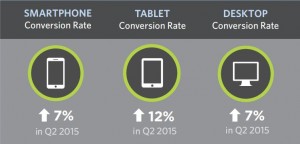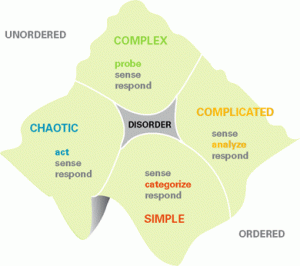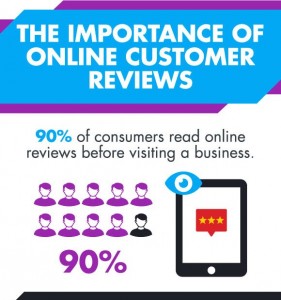— August 2, 2017

Tumisu / Pixabay
As a manager or employer just finishing up performance reviews, you may have heard the terms feedback and engagement a little more often than usual. And, this makes sense. Providing engagement gets everyone involved and ensures that every member of the team is on the same page and increases their satisfaction in work, which is proven to make employees 12% more productive. Newer generations are asking for more feedback and managers are seeing consistent feedback result in higher productivity and more engagement. Plus, real-time feedback gives you the opportunity to stay on top of project progress and allows employees to continue work at a steady pace to meet deadlines and fix any errors promptly.
However, there’s also another side to feedback that no one likes to discuss – negative feedback. This is a tough one. It’s The Dark Side of Performance Culture. Although it can and should be seen as constructive criticism, there are instances where some employees could take it the wrong way.
Face it, confrontation is hard, negative feedback is hard to give and receive. No one likes doing it. But, not offering this negative information is actually hurting your employees. Say what?
Yep, by not offering negative feedback that your employees both want and need, you’re frustrating them and preventing them from growing into the best professionals they can be.
Don’t believe me?
Employees want negative feedback. From a Harvard Business Review study, 57% of the employees surveyed preferred corrective feedback.
Employees need negative feedback. Being overlooked, it seems, is more harmful to employees’ engagement than having to discuss their weaknesses with their manager, according to Gallup.
You’re a bad boss if you don’t provide negative feedback. Feedback from a supervisor is a valuable commodity for workers, and shows their manager is interested in their performance and career path.
So, negative and constructive feedback isn’t such a bad thing. But, does it have any actual benefits? The answer is yes! And, it lies in fostering creative and innovative thinking. When it comes to the modern workforce, these ways of thinking are essential to appeal and entice customers and develop better, more productive ways of doing tasks.
Recent research done by Charles Nemeth at the University of California also found that criticism and negative feedback can stimulate creative innovation. In his study, Nemeth found that these individuals produced an average of 25% more ideas, including giving more debate and consideration, than others who were not given negative feedback. The Washington Post reported on one study of nearly a thousand employees both in the United States and abroad which found 92% believed that negative feedback is effective at improving performance — “if delivered appropriately.”
So how do you deliver negative feedback appropriately?
“A study of 400 manufacturing employees examined negative feedback on employee motivation to improve performance. They identified feedback delivery as a critical factor. Feedback delivery (a.k.a. interpersonal consideration), significantly affected whether an employee was motivated to improve his or her job performance. Employees were most motivated to improve when they received negative feedback that was constructive and respectful.”
The conclusion? It turns out that negative feedback and reinforcement actually do have a place within the workforce and a pretty predominant one at that! Next time performance reviews come around be sure to keep this in mind and be truthful with employees, even if that means stating what they are doing wrong. Who knows, that employee could imagine the next big thing for your company.
Business & Finance Articles on Business 2 Community
(29)







